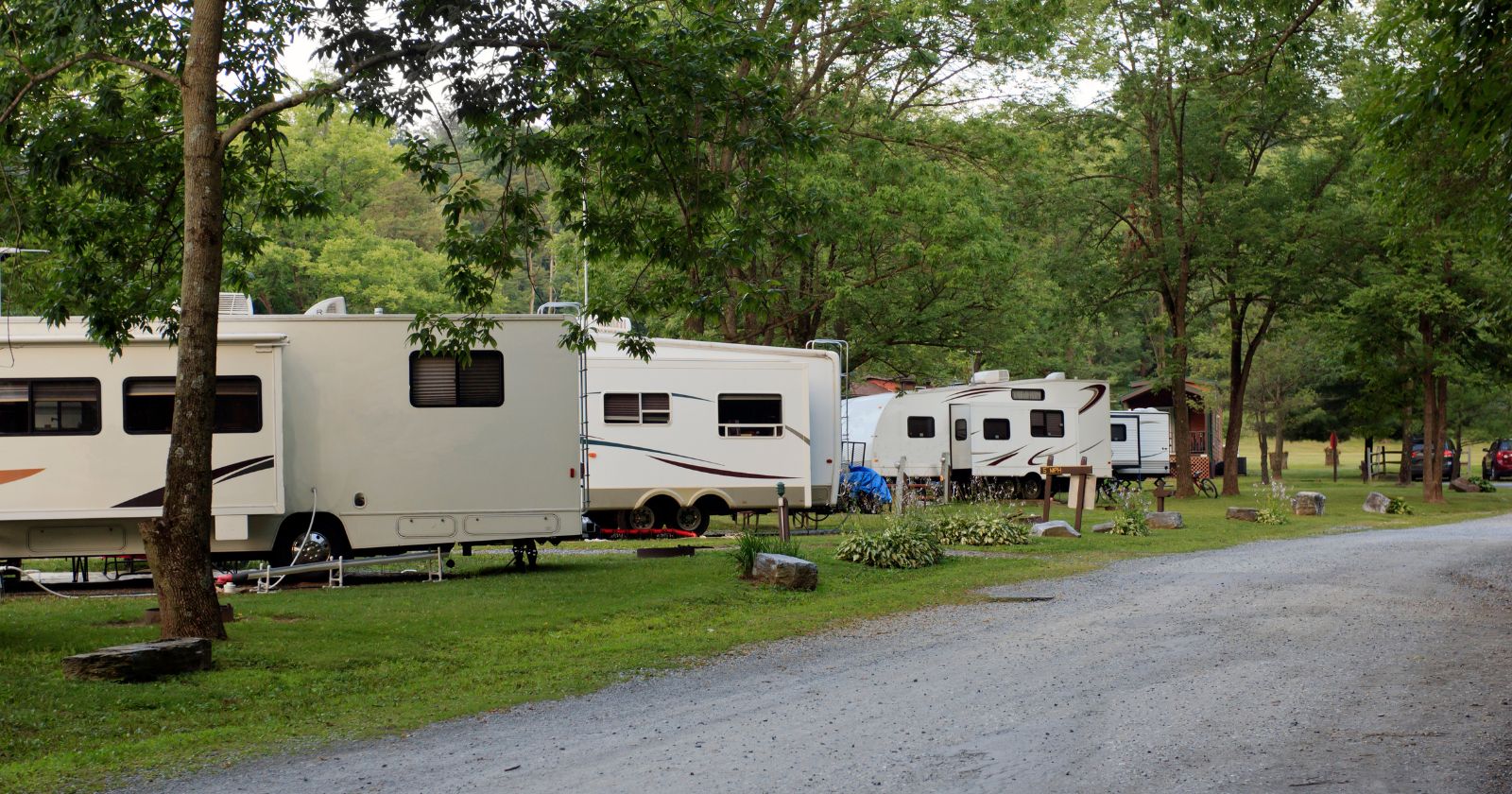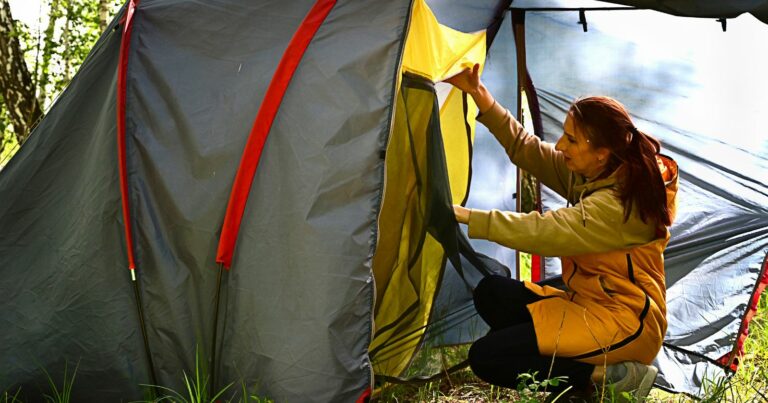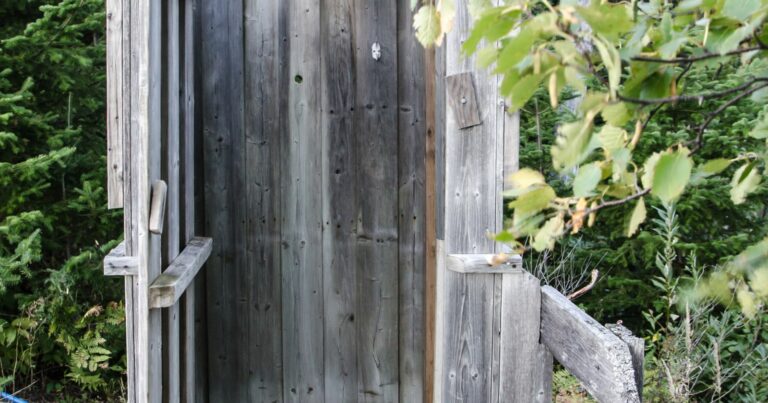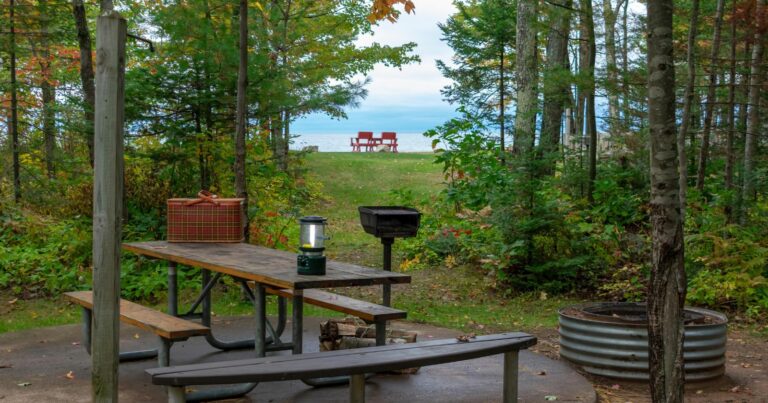What Kind of Zoning Do You Need for a Campground? A Complete Guide
The open road beckons, calling you to purchase some land and open the campground of your dreams. Visions of happy campers and crackling fires fill your mind.
But while your entrepreneurial spirit may be revved up and ready to go, there’s one essential question you need to answer first – what kind of zoning will allow your campground vision to become a reality?
Zoning rules for campgrounds vary widely depending on location, so you’ll need to navigate a maze of regulations to bring your plans to life. From permits to public hearings, the zoning process can feel intimidating at first. But with some research and perseverance, you’ll get your project on the road to approval.
Let’s explore how to successfully handle zoning for your future campground so you can start welcoming campers to your own slice of paradise.
Understand Campground Zoning Regulations
The first step is understanding regulations that determine zoning for campgrounds. There are federal, state, county and city zoning laws to consider.
Federal Laws
Some basic zoning rules for campgrounds are set at the federal level:
- Comply with the Americans with Disabilities Act (ADA) for accessibility.
- Follow USDA guidelines for food service facilities.
- Obtain an EPA permit if constructing a wastewater system.
State Laws
Each state has its own building codes and regulations. Research rules for:
- Construction standards like electrical, plumbing and fire safety
- Business licensing
- Health and sanitation
- Environmental impact studies
Local Laws
The most important zoning regulations will be at the county and city level. Check with your:
- County planning department for land use regulations
- City hall planning office for municipal zoning information
- Parks and recreation department for campground guidelines
- Local health department for food/water requirements
Common Campground Zoning Requirements
Zoning for campgrounds typically includes:
- Special or conditional land use permit
- Site plan approval
- Environmental impact review
- Restrictions on density and size
- Limitations on length of stay
- Landscaping buffers
Choose the Right Property for Campground Zoning
Selecting a parcel that can be properly zoned will save you headaches down the road. Keep these tips in mind when evaluating land:
- Check current zoning designation and what’s allowed
- Avoid flood zones or protected wetlands
- Look for existing sewer, water and electric
- Pick a site with natural buffers from neighbors
- Consider noise restrictions in the area
- Check proximity to major roads and highways
- Acquire enough acreage for your planned size
Work with a local real estate agent experienced in campground land to identify the most suitable properties.
Apply for Required Permits and Zoning Changes
Here are the typical steps to obtain campground zoning approval:
- Apply for conditional or special use permit
- Request variance if zoning doesn’t allow campgrounds
- Complete environmental impact review
- Get site plan approval
- Obtain building permits for construction
- Pass inspections for occupancy certificate
Throughout the process you’ll need to work with zoning officials, attend public hearings, respond to concerns from community members, and probably make some design changes. Be patient and hang in there!
Hire an Expert Consultant or Attorney
Securing the right zoning for a campground involves complex legal and regulatory issues. Consider hiring an expert to assist you:
- Land use attorney – Provide legal advice on zoning laws and represent you through the approval process.
- Campground consultant – Experts who can create site plans, navigate regulations, and manage the zoning application process.
- Expeditor – Service to handle submitting paperwork and liaising with zoning officials on your behalf.
Having an experienced professional guide you through zoning will make the process smoother and faster.
Comply With Ongoing Campground Zoning Requirements
Even once your campground is approved, you’ll need to maintain compliance with zoning rules. Failure to do so could result in fines or even campground closure. Stay up to date on:
- Conditional use permit renewals and compliance
- Safety and health inspections
- Changes to local zoning laws
- Occupancy limits and density restrictions
- Noise ordinances and quiet hours
- Landscaping and buffer maintenance
- Wastewater and runoff regulations
Running a legally zoned campground involves being a good neighbor and community member. Build positive relationships with local officials through compliance.
Work With Neighbors to Avoid Zoning Issues
Your campground may concern nearby homeowners worried about noise, traffic and environmental impact. Here are tips for keeping the peace:
- Invite neighbors to view plans and give input
- Compromise on lighting, fences, landscaping to ease concerns
- Share environmental and traffic studies that limit impact
- Discuss plans to manage noise levels
- Provide contact info for noise complaints
- Consider hosting an open house for the community
Addressing concerns proactively can help prevent neighbors from fighting your zoning approval.
Special Campground Zoning Considerations
Certain types of campgrounds have additional zoning requirements:
RV Parks
- Increased infrastructure for water, sewer, electric
- Access roads must accommodate large vehicles
- Special consideration for dump stations, propane, and refueling
Cabins
- Subject to residential building codes
- Permits for any permanent structures
- Limitations on cabin density
Campground Stores
- Business license and permits
- Health department registration
- Compliance with food handling codes
- Restroom access for patrons
- Parking availability
Know the specific regulations that apply to the kind of campground you want to create.
Campground Zoning is Possible with Proper Planning
The campground zoning process demands patience and persistence. But don’t let regulatory hurdles stop you from pursuing your dream! With extensive preparation, research, and expert help, you can get your property zoned properly for the perfect campground.
Follow the steps outlined in this guide during every phase, from property selection through opening day. Keep lines of communication open with local officials. And don’t lose sight of your vision – soon you’ll be welcoming happy campers to your own slice of paradise!







